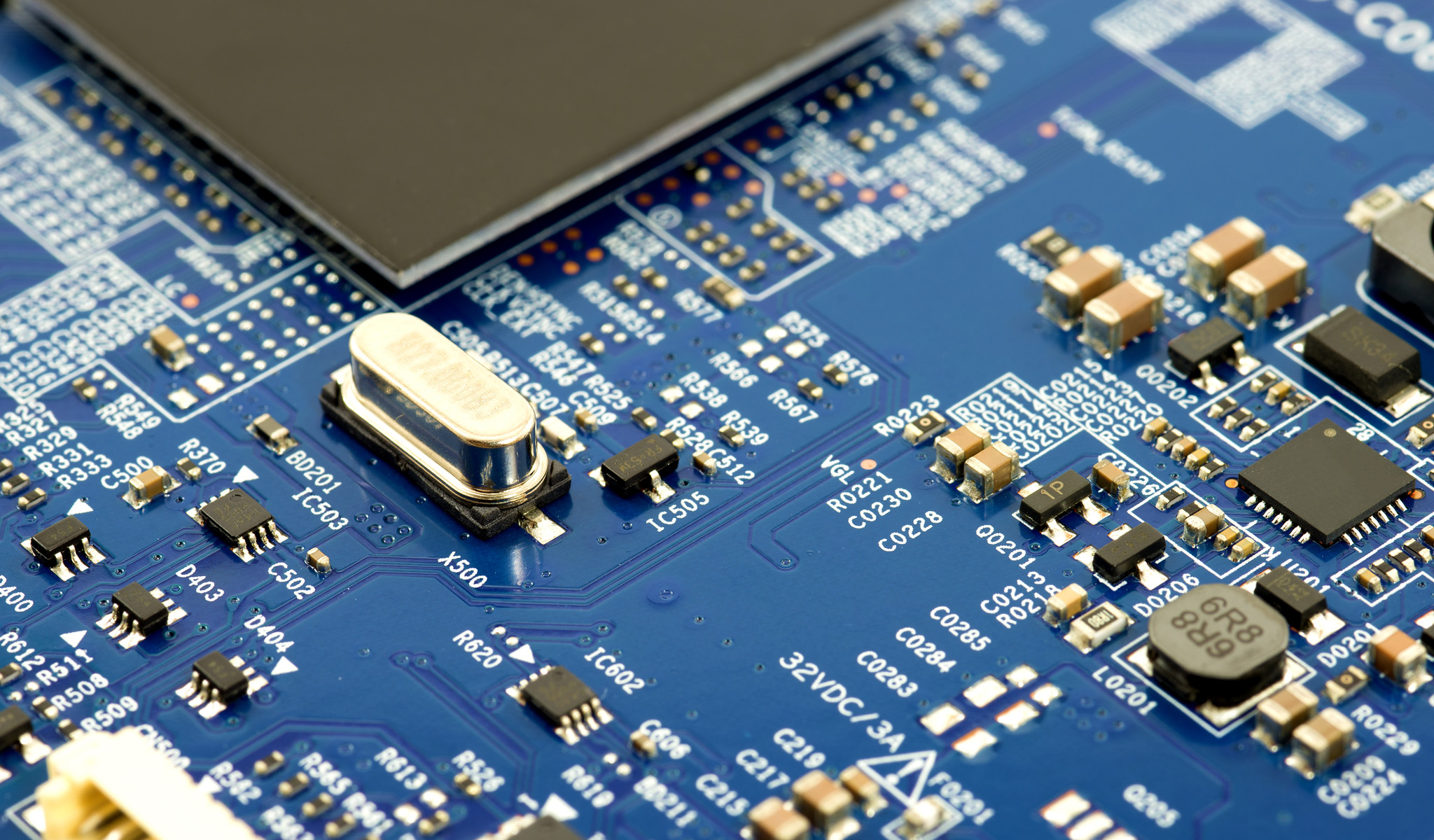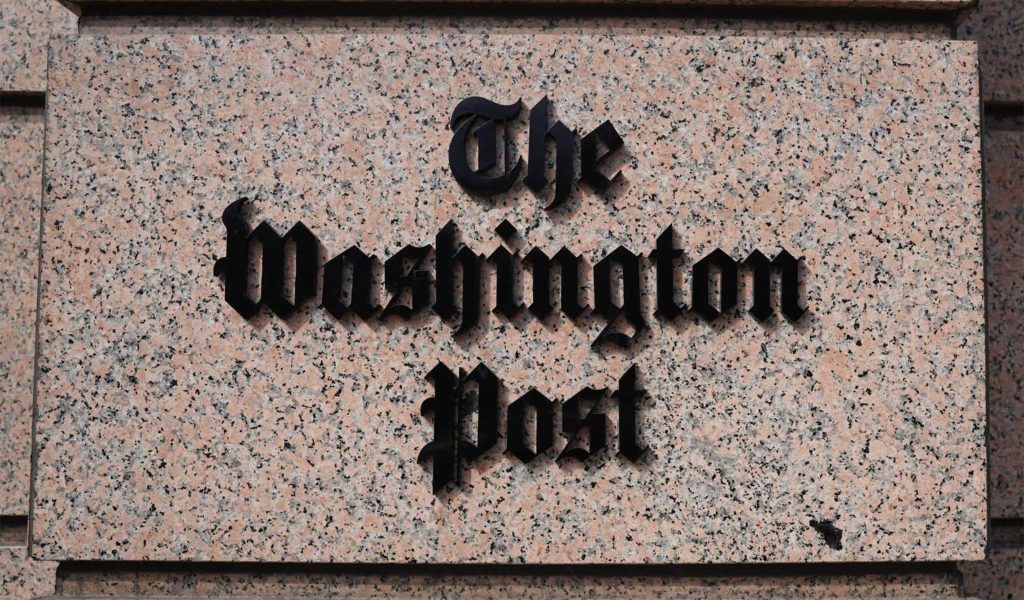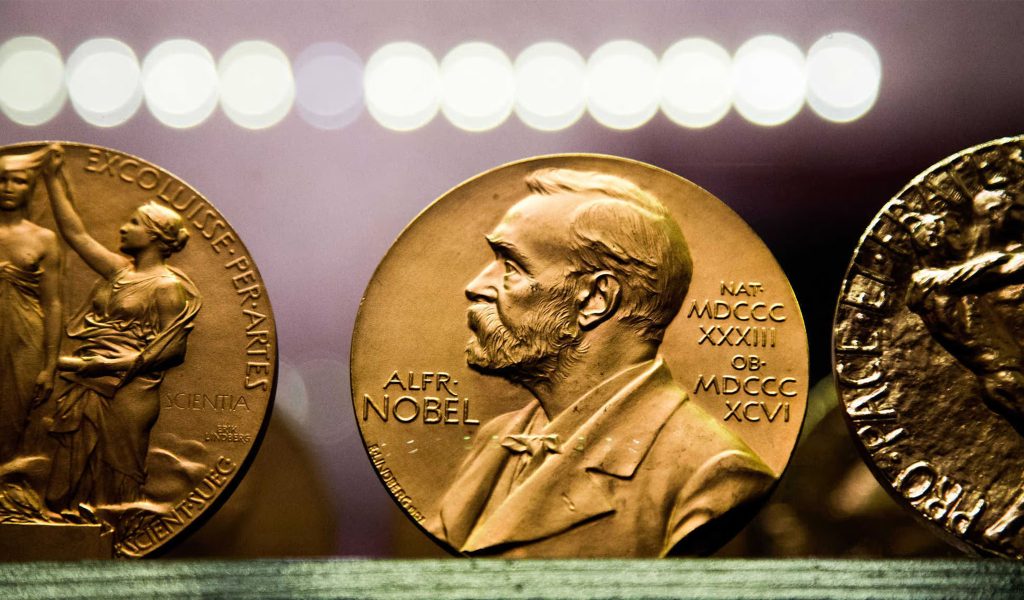Napoleon “did not realize until it was too late that the only closed political economy is the world economy. Britain could not be starved into submission by blockade unless she were totally cut off from the world. As long as Britain could trade with any nation outside France, it was thus trading indirectly with France.”—Jude Wanniski, The Way The World Works.
Oh well, it’s not as those with a basic understanding of economics didn’t warn the protectionists in our midst. What did we warn them about? Simply that efforts to keep high-end U.S. semiconductor chips out of China would fail impressively. The basic, first-grade economics truth is that if you’re producing, you’re trading with everyone. Politicians and bureaucrats with no grasp of economics can talk endlessly about sanctions and embargoes, but goods and services will ultimately find their way to those with the means to purchase them.
What’s sad is that is that economists and political types still can’t seem to grasp common sense, which is all that real economics is. Consider the accepted “wisdom” from 1973-present that the OPEC oil embargoes of 1973 kept “Arab oil” from reaching the United States. They did no such thing. “Arab oil” continued to reach the U.S., only for it to reach the U.S. via the non-U.S. entities that the oil was sold to. There’s no accounting for the final destination of any good.
What’s true about oil is true about high-end semiconductor chips. This truth is plainly lost on bureaucrats like U.S. Commerce secretary Gina Raimondo, along with Rep. Mike Gallagher. Last fall, Raimondo expressed a desire to limit China’s “access to advanced semiconductors that could fuel breakthroughs in artificial intelligence and sophisticated computers.” What Raimondo didn’t understand, and what Gallagher still doesn’t understand, is that short of Nvidia, Intel and others literally hoarding their advanced chips, there’s no way to keep them from reaching the countries that proponents of protectionism and industrial policy would like to keep them from. Put another way, unless Raimondo, Gallagher and other protectionists want to foist bankruptcy on U.S. producers of advanced semiconductors, there’s no way for them to keep U.S. production out of China.
Evidence supporting this statement of economic basics comes care of Reuters. The global news agency recently reported that chips produced by Nvidia have found their way to China, including the Chinese military. As always, if you’re producing you’re trading with the world, like it or not.
Call this a positive development contra Raimondo, Gallagher et al. That is so because work divided, including work divided on the AI advances that Raimondo fears will push “China” past the U.S., can only improve the economic outlook in the United States. The happy truth is that nothing drives economic progress more than trade and the division of labor, which signals positive advances that will boost economic spirits not just in China, but all over the world.
Even better, consider the why behind attempts by Gallagher and Raimondo to divide the U.S. and China economically. It’s rooted in foreign policy, or specifically in the view that China’s growth is a military threat to the U.S. Actually, whatever enhances trade among the productive is easily the greatest foreign policy concept the world has ever known. Think about it. Who wants to kill their best customers? And with China one of the most economically advanced countries in the world, and with the U.S. the most economically advanced country, what binds them economically reduces the odds of shooting and bombing that separate the countries while wrecking their respective economies.
The good news yet again is that the only closed economy is the world economy. U.S. production continues to find its way to China, and regardless of the false economics promoted by U.S. politicians and bureaucrats. Amen to that. The world is a safer place the more that production and trade run roughshod over politics and politicians.
Republished from RealClear Markets






